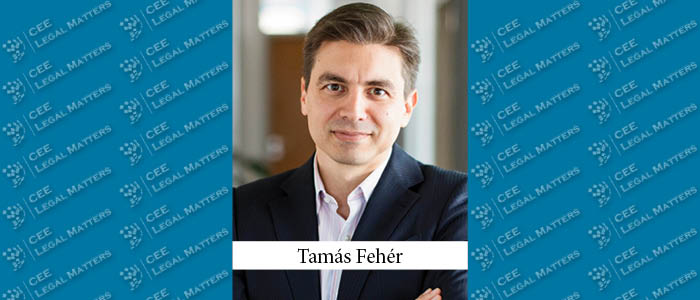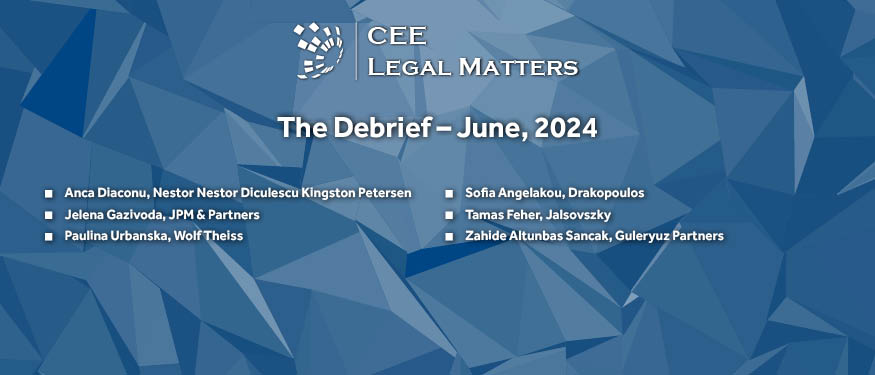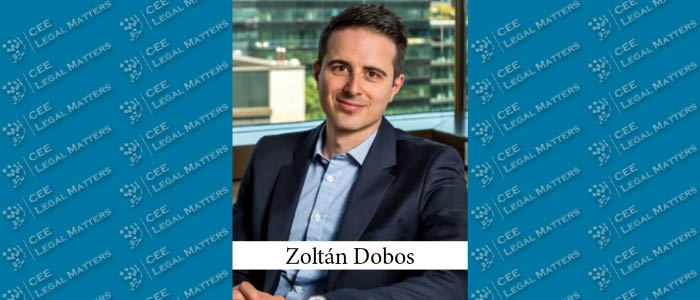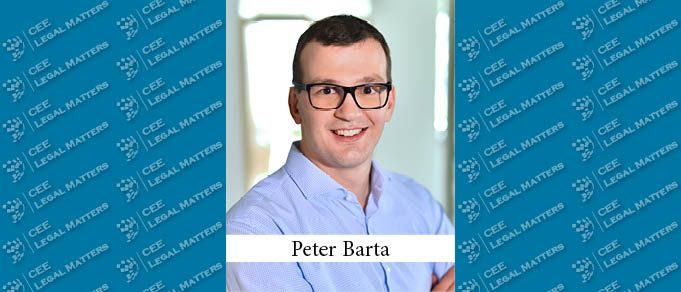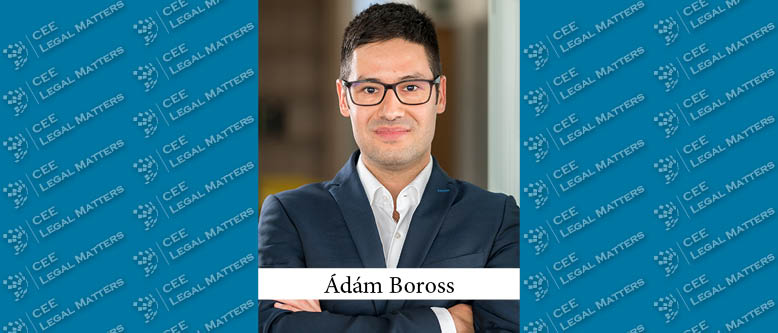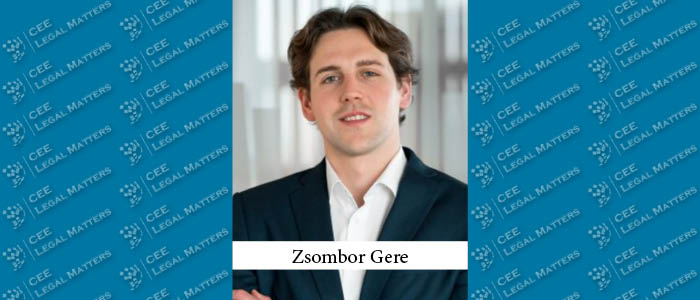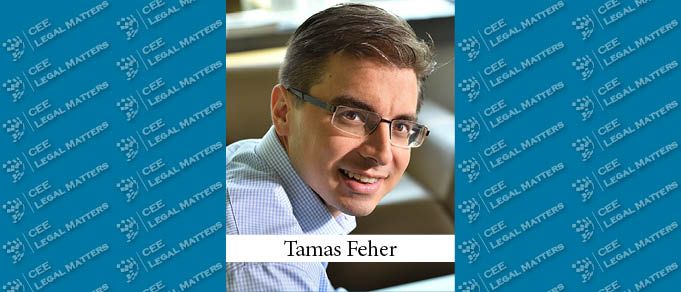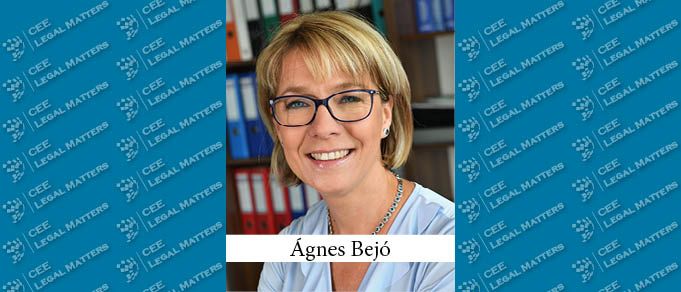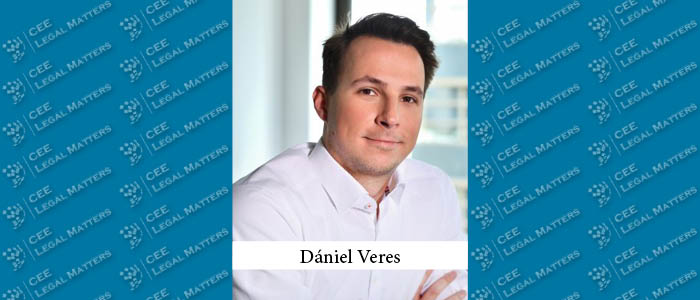With preparations for the 2024 CEE Legal Matters Hungary General Counsel Summit in full swing, Jaslovszky's' Tamas Feher talks about the upcoming event and the panel he'll be moderating.
The Slow Roast of Summer Months
Summer is traditionally a slower period for many, including the legal sector, but, if used right, the time can pay dividends for law firms.
The Corner Office: Onboarding Clients
In The Corner Office, we ask Managing Partners at law firms across Central and Eastern Europe about their backgrounds, strategies, and responsibilities. With managing firm clients being a critical aspect of firms’ operations, we asked: What are the three most important elements when onboarding a new client?
The Corner Office: Essential Checklist for Partner Departures
In The Corner Office, we ask Managing Partners at law firms across Central and Eastern Europe about their backgrounds, strategies, and responsibilities. As partner departures are inherent to the workings of any law firm, and likely demand clear strategies for navigating, this time around we asked: What are the three most important items on your checklist when a Partner leaves your firm?
Wolf Theiss and Jalsovszky Advise on Kecskemeti Konzerv's Sale to Granit Group
Wolf Theiss has advised the owners of Kecskemeti Konzerv on the sale of the company to Granit Group's subsidiary Agrar-Finance. Jalsovszky advised Granit Group.
The Debrief: June, 2024
In The Debrief, our Practice Leaders across CEE share updates on recent and upcoming legislation, consider the impact of recent court decisions, showcase landmark projects, and keep our readers apprised of the latest developments impacting their respective practice areas.
The Corner Office: Client Relationship Dealbreakers
In The Corner Office, we ask Managing Partners at law firms across Central and Eastern Europe about their backgrounds, strategies, and responsibilities. While in the legal field maintaining client relationships is vital, there are occasions when law firms must end engagements. To explore some of the reasons that might lead to this, we asked: After accepting mandates, what have been the main reasons for which you ended up having to drop clients?
The Supreme Court Has Ruled: Losers Must Pay!
In a previous article, we analyzed the phenomenon where courts typically reduce the attorney fees awarded to the winning party. This essentially forces the winner to incur unjustified losses, indirectly causing market distortion. Now, the Supreme Court has responded to this phenomenon with a precedent-setting, binding decision. Let's first look at the key developments and then how this affects litigation strategy!
The Hidden Pitfalls of Transfer Pricing
In the audit practice of the Hungarian Tax and Customs Administration (HTA), the audit of transfer pricing is gaining importance. Moreover, the relevant regulations are becoming more complex with each passing year. As the deadlines for transfer pricing documentation approach, it is worth reviewing what hidden pitfalls should be avoided when preparing documentation and providing data.
Cryptocurrency Investments: What Should I Call You?
The decision of the U.S. Securities and Exchange Commission (SEC) on January 10 has stirred significant attention, as it granted approval for the listing of certain products based on Bitcoin on the stock exchange. The impact of this decision on the European and American securities markets, and whether similar steps will be taken, depends largely on the details – including the names assigned to cryptocurrency-based products.
Community Financing – Dying Opportunity or the Future of Fundraising?
One of the measurable success stories of the fintech revolution is how donation and subscription-based community financing has become an alternative to traditional fundraising methods such as classical bank financing or venture capital investments. From this rapid development, it follows that there is a less uniform picture in the public consciousness about the phenomenon of "crowdfunding." How many forms are there? Which ones are regulated? Who are the actors in the process? What regulations apply to it? How are they taxed? Among many clarifications to be made, the main question, however, is whether specialized crowdfunding service providers for this purpose will emerge in Hungary as well.
ECJ Lends a Helping Hand to Non-Established Persons Seeking VAT Refund
According to the decision of the Court of Justice of the European Union of 16 May 2024 (C-746/22), the Hungarian rule that does not allow foreign taxpayers in VAT refund cases to submit their documents even in the appeal procedure is contrary to EU law. We have summarised the key lessons learned from the case which was handled by our office.
Hot Practice in Hungary: Tamas Feher on Jalsovszky's Dispute Resolution Practice
Jalsovszky's Dispute Resolution practice in Hungary is going from strength to strength according to Partner Tamas Feher, who points to long cases, significant wins, fiscal changes, budgetary pressures, and the economy's slowdown as the ultimate reasons behind their litigators staying busy.
Can I Secretly Record a Business Meeting?
As technology advances, it becomes easier and easier to record any conversation. Today, anyone with a smartphone can easily record business meetings - even in secret. There are many reasons for making a secret recording: for some it may be a security measure to avoid disputes, for others it may be an ulterior motive to use it later. But is it legally permissible to make an audio recording in secret? And what are the consequences of using a secretly made audio recording in a civil or criminal case?
Clifford Chance, Jalsovszky, and Wolf Theiss Advise on Financing for CVC and Emma Acquisition of Packeta
Clifford Chance, working with Jalsovszky, has advised a club of banks led by Ceska Sporitelna on the financing for CVC Capital Partners and Emma Capital's acquisition of Packeta (reported by CEE Legal Matters on January 9, 2024). Wolf Theiss advised Packeta.
FDI Approval: The Rule That Does Not Dissapear, Just Keeps Changing
Since COVID, we have been living with a rule that makes the acquisition of ownership by foreigners in certain Hungarian companies operating in strategic sectors subject to government approval. Although we can no longer speak of a state of emergency, the rule is expected to stay with us for long – albeit with several modifications along the way, as happened in January this year.
61! – A Record Number of Taxes in Hungary
As we move into yet another year with the special surtaxes in effect, the question justifiably arises: for how much longer will the extra-profit taxes, those labelled initially as temporary, encumber the Hungarian taxpayers’ declarations. Also, businesses now have to face additional burdens, such as the EPR fees, the carbon quota tax or the global minimum of the corporate income tax.
Hungary’s Legal Landscape: Navigating Peaks and Valleys in Litigation Trends
Hungary’s litigation landscape was shaped by the economic trends, domestic legal reforms, and global crises of the past 10-15 years. From the 2008 economic crisis to the implementation of the new Civil Procedure Code in 2018 and the transformative effects of the COVID-19 pandemic, it has been a rollercoaster ride.

